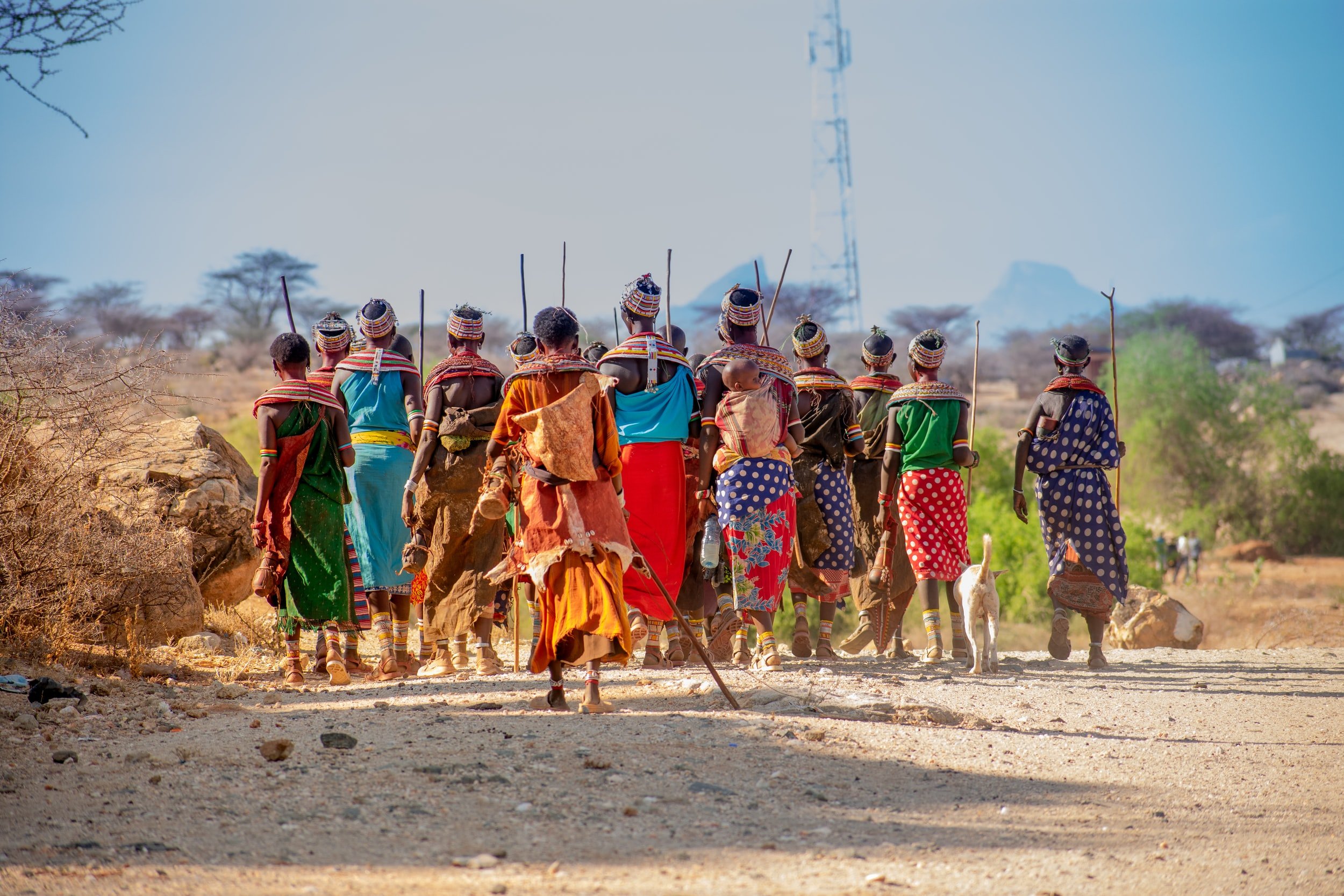
What is Free, Prior and Informed Consent?
“Free, Prior and Informed Consent (FPIC) is one of the most important principles that Indigenous Peoples believe can protect their right to participation. It is embedded in the right to self-determination. The duty of States to obtain Indigenous Peoples’ FPIC entitles Indigenous people to effectively determine the outcome of decision-making that affects them, not merely a right to be involved.” --UN Expert Mechanism on the Rights of Indigenous Peoples
Free, Prior and Informed Consent
Upholds the Sovereignty and Self-Determination of Indigenous Peoples
Protects Indigenous Lands and Resources
Reduces or Eliminates Risk of Material Loss
Facilitates Equitable Partnerships
Businesses and investors have a responsibility to respect the rights of Indigenous Peoples during project development and after project completion under the United Nations Guiding Principles on Business and Human Rights. As such, they must perform adequate due diligence that optimizes mutually beneficial development opportunities.
What is free, prior and informed consent?
International human rights standards enshrine Indigenous Peoples' right to Free, Prior and Informed Consent on projects affecting their lands, resources, cultural heritage and more. This includes the right to meaningful dialogue and the right to say "yes" or "no" to a project.
Free - Consent is given voluntarily and without coercion intimidation or manipulation. The process is self-directed by the community from whom consent is being sought and unencumbered by externally imposed expectations or timelines.
Prior - Consent is sought sufficiently in advance of any authorization or commencement of activities, and allows the time necessary for Indigenous Peoples to undertake their own decision-making processes.
Informed - Consent is properly solicited when Indigenous Peoples are given objective and accurate information related to the proposed activity in an accessible manner and form.
Consent - Consent is the collective decision made by Indigenous Peoples, which is reached through customary decision-making processes. Consent may also be subject to conditions set forth by Indigenous Peoples.